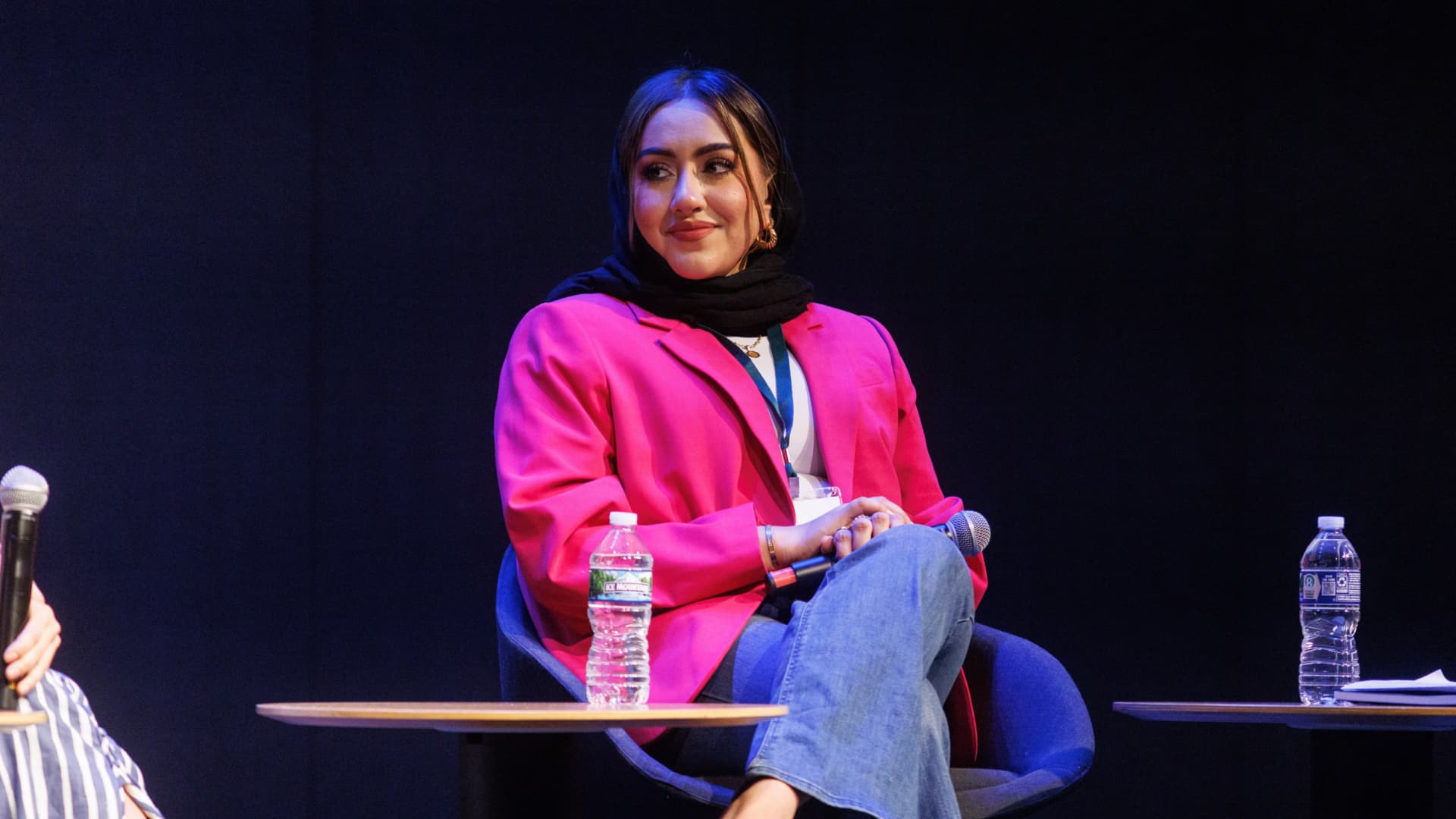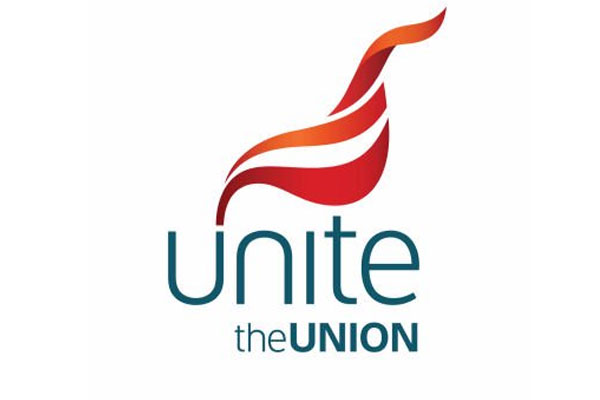26-year-old is one of first Gen Z women to hold public office in the U.S., works at Google and is getting her MBA—how she balances it all
Bushra Amiwala, then 21, became the youngest Muslim elected official in the U.S. when she was elected to the Skokie School District Board of Education in 2019.

Bushra Amiwala lost her first race for political office when she was 20 years old. Six months later, she ran again and won, becoming one of the first Gen Z elected officials in the U.S. — all while being a full-time college student.
When Amiwala, then 21, was elected to the Skokie School District Board of Education in Skokie, Illinois in 2019, she also became one of the youngest Muslim elected officials in the U.S.
Her first race, which she lost in 2018, was to become a Cook County commissioner, a part of the local legislative body for the county that includes Chicago. Amiwala, who grew up and attended school in Skokie, thought a local school board might be a better fit for her interests and experience after losing her first race.
But she didn't see working in local politics as a calling, or the start of a long career in government that could lead her to the White House – two reasons, Amiwala says, why people often assume she got involved in politics at such a young age.
Amiwala studied business at DePaul University and planned to work for a large tech or financial firm as soon as she graduated.
Instead, Amiwala viewed serving in public office as a meaningful way to spend her free time and an opportunity to peek behind the curtain of American politics.
As a first-generation child of Pakistani immigrants, Amiwala says she's always had a vested interest in supporting underrepresented communities. That passion intensified during the 2016 presidential election when hate crimes against Muslims spiked.
"It made me more determined to get involved in politics as a form of activism," Amiwala tells CNBC Make It. "Protests and callouts on social media are all great, but I also think one of the best ways to drive tangible change is through public policy."
One of her proudest accomplishments on the school board is a statewide law she helped pass requiring every public school in Illinois to teach the positive contributions of Muslim Americans and other minority faith groups as a part of their curriculum. Amiwala testified in front of the Illinois General Assembly in support of the bill, which was signed into law in 2021.
Now 26, Amiwala has crafted a career that harmonizes her love for business and politics. She won her second term on the school board in April 2023, a position she will hold until 2027. Past that, Amiwala says she has no definitive plans to continue her career in politics – but she hasn't ruled out running for Congress one day.
Amiwala balances her board of education responsibilities with a full-time job as a solutions consultant at Google and her MBA studies at Northwestern's Kellogg School of Management.
CNBC Make It: How do you balance your board of education work with your job at Google and attending business school?
Amiwala: It was hard to figure out at first. I've been burned out before, and have had to do a lot of reflecting and adjusting on my schedule and what I can and can't compromise on.
But one approach that's helped me is reminding myself that I don't need to put 100% into everything I do – for example, exerting 70% of my energy can still get me a good grade, and I've extended myself grace to be okay with that, as a professional perfectionist.
Fortunately, my job at Google is predominantly between the hours of 9-5, and my elected office is a part-time volunteer role, where I have to attend a couple of board meetings a month.
After having a chaotic lifestyle [working multiple jobs while in school] for such a long time though, I've finally started to rely on my calendar app, not just for work responsibilities but to prioritize self-care in my schedule, too.
I've been working with a personal trainer for the past couple of months, so I will schedule things like my workouts and meals into my day to hold myself accountable for spending my free time on activities that will nourish me because if it isn't blocked off on my calendar, it won't happen.
I've also recently started centering my day around prayer, trying to set aside time to pray at least five times throughout the day. That allows me to take 2 to 5 minutes to check in with myself, reflect and calm my mind.
All of these little lifestyle changes make a really big difference in saving time and managing my schedule.
CNBC Make It: Have you had any unique experiences as one of the first Gen Z elected officials in the U.S.?
Amiwala: Sometimes I forget how casual my Gen Z vernacular is and how it comes out in my everyday language, even in the workplace — I've said phrases like, 'Wow you all popped off with this presentation' or 'This was such a slay,' in board meetings but I love how it is embraced with open arms. It usually allows for a moment in a long six-hour board meeting for everyone to laugh, that brief moment of levity can ground us and remind us that we are all humans doing our best.
I think Gen Zers embrace authenticity more so than other generations in the workforce, which is a powerful skill I've learned from my peers: If you show up as your authentic self, and are comfortable in your skin, more people will gravitate to you and want to work with you.
CNBC Make It: What's your best advice for crafting a fulfilling career if you have many interests?
Amiwala: I would encourage people to map out their careers onto what I call the 'fulfillment to income' matrix. In other words, if a job is low on fulfillment, it better be high on income, and if something is high on fulfillment, it's alright if it's low on income.
Ideally, you want to have facets of your career that fall into both categories, because it's rare to find a high-fulfillment, high-income role.
I get financial fulfillment and security from my job at Google, and I enjoy what I do there, but I get the most fulfillment from what I do outside of my day job, volunteering and serving my community on the board of ed.
It's important to decipher what the right mixture or balance looks like for you, whether it's adding a side hustle or volunteering more. Having multiple facets of your career that give you emotional or financial fulfillment can help make you feel more whole instead of counting on one job to meet all your needs.
This interview has been edited and condensed for clarity.
DON'T MISS: Want to be smarter and more successful with your money, work & life? Sign up for our new newsletter!

 BigThink
BigThink 
































